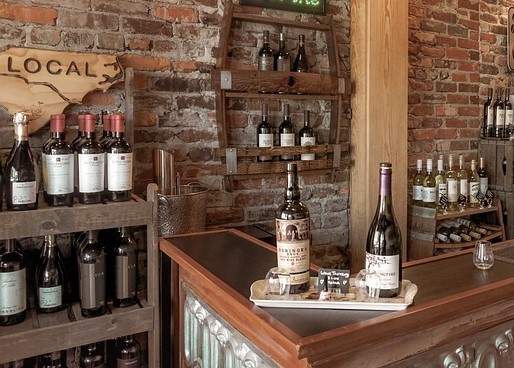Leisure Property Valuation
We provide valuation advice for all types of leisure properties for a variety of purposes and clients.
Home / Services / Valuations / Leisure Property Valuation
Our experienced Leisure and Valuations teams can undertake valuations on all types of leisure properties
Working on behalf of a broad array of clients for purposes including secured lending, acquisition and disposal, our expert team provides valuation advice for leisure properties including hotels, touring and caravan parks, guest houses, holiday complexes and licensed premises. We value properties reflecting their existing use and trading potential, and provide advice on alternative uses of the whole or part.
Our experts work across the South West, covering Cornwall and the Isles of Scilly, Devon, Dorset, Somerset and Bristol. With offices in Truro, Plymouth, Exeter and Bristol, we have excellent local and regional market knowledge, which we use to inform our valuations. All our valuers are RICS Chartered Surveyors guaranteeing you will receive a professional and impartial valuation.

Leisure Property Valuation FAQs
What is a trade related property?
The essential characteristics of a trade related property is that is has been designed or adapted for a specific use, with the resulting lack of flexibility usually meaning the value of the property is intrinsically linked to the return an operator can generate from that use. The value, therefore, reflects the trading potential of the property. Examples include hotels, public houses and holiday parks.
How to value a trade related property?
Properties of these types are typically valued using the income approach and profits method of valuation, having regard to the property’s trading potential to include its freehold or leasehold interest and plant and machinery, by comparison with the sale of similar properties on the open market.
When valuing a property as an operational entity, the first stage is to assess the Fair Maintainable Turnover (FMT) that could be generated at the property by a Reasonable Efficient Operator (REO), together with an assessment of the Fair Maintainable Operating Profit (FMOP).
FMOP is the level of profit stated prior to depreciation and finance costs relating to the asset itself, that the REO would expect to derive from the FMT. This is based on an assessment of the market’s perception of the potential earnings of the property, reflecting all costs and outgoings, as well as an appropriate annual allowance for periodic expenditure, such as decoration, refurbishment, and renewal of trade inventory.
The REO is a concept assuming market participants are competent operators, acting in an efficient manner of a business conducted on the premises. It involves estimating the trading potential, rather than adopting the actual level of trade under the existing ownership, and it excludes personal goodwill.
Is there a difference between Market Value and Investment Value?
There is a distinction between the Market Value of a trade related property and the investment value, or its worth to the operator. When assessing the future trading potential, as valuers we should exclude any turnover and costs attributable solely to the personal circumstances, skill, expertise, reputation and/or brand name of the existing operator. Likewise, we should reflect additional trading potential that might be realised by a Reasonably Efficient Operator taking over the property at the valuation date.






